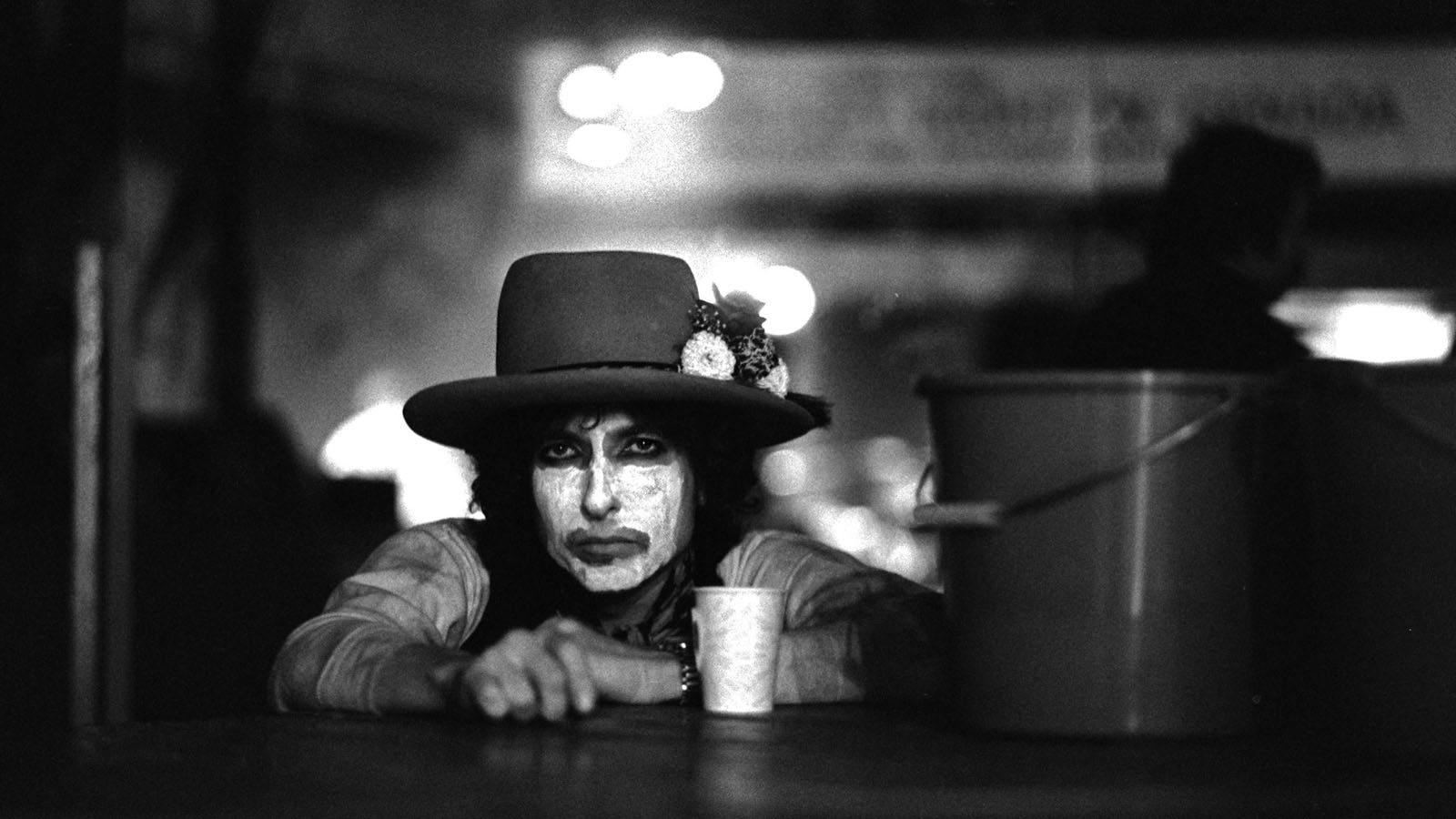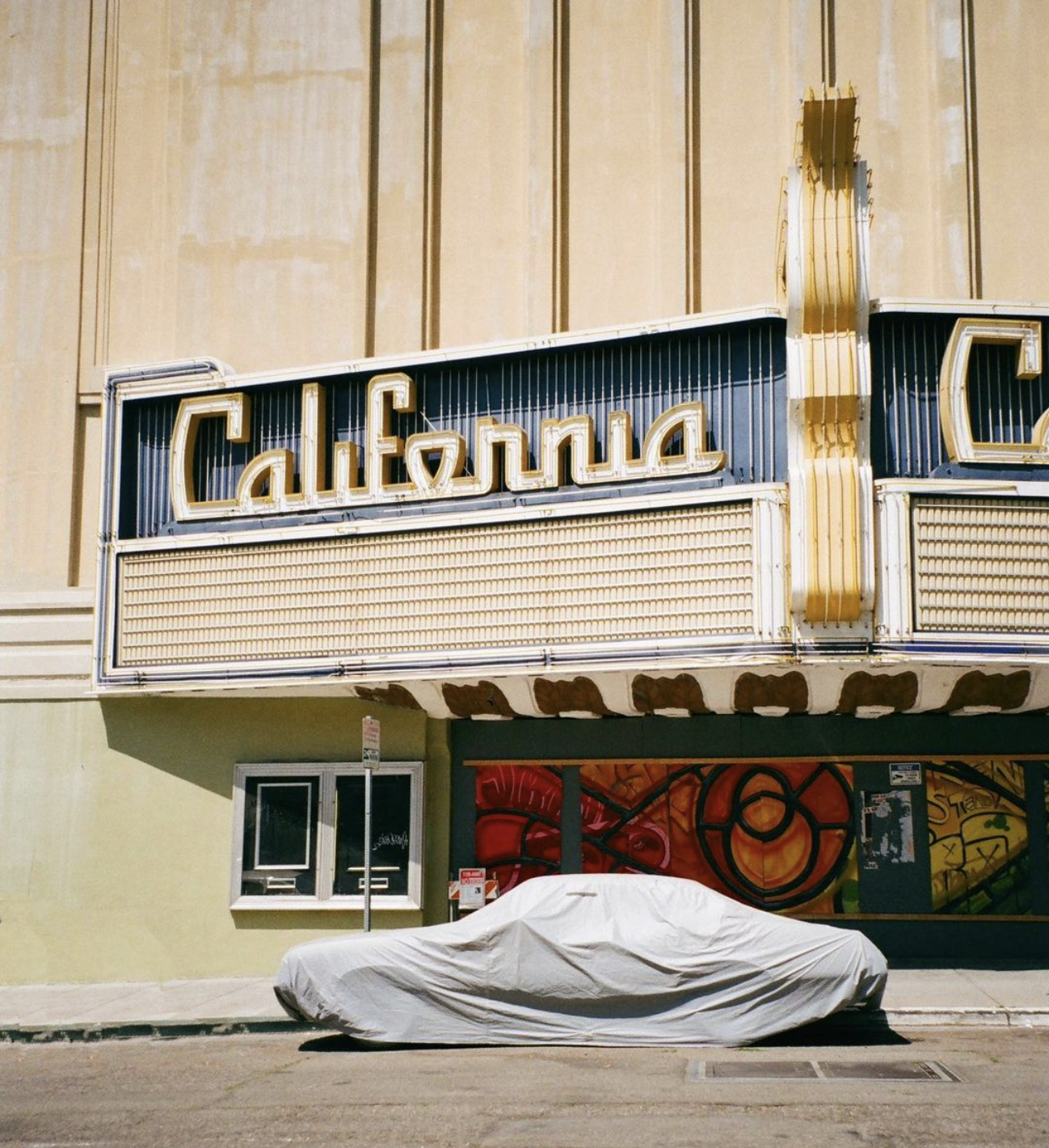A brief explanation of how, when I teach a class, I try to have a structure and a story.
two summative thoughts about AI
One: There was until recently a battle for the soul of AGI research and development, a battle between the stewards and the exploiters. The stewards understand themselves to be the duty-bound custodians of an ever-more-enormous power; the exploiters are interested in using that power to make themselves rich and powerful. Had the stewards managed to retain control, or even influence, then I would have been willing to keep a cautiously hopeful eye on developments. However, the stewards have been routed and only the exploiters remain. (OpenAI’s dismissal of Sam Altman was effectively The Stewards’ Last Stand.) I therefore consider it necessary to refuse any use of AI in any circumstances that I can control.
Two: The powers of law are being summoned by people who see the exploiters as I do, which I guess is a good thing, but … in our society, can anyone as rich as the tech companies behind AGI lose, either in the courts or through legislation? I don’t see how they can. Everyone who stands in their way can be bought, and most of them are pleading to be bought. (Similarly, in Premier League football, Everton is small enough to be smacked down but I cannot imagine Manchester City or Chelsea ever suffering any penalty, no matter how grossly they have defied the financial rules.) As Dana Gioia taught us long ago,
Money. You don’t know where it’s been, but you put it where your mouth is. And it talks.
structure and story
I regularly teach in the Great Texts program here in Baylor’s Honors College, which is based on the old University of Chicago model pioneered by – or anyway most fully developed - by Robert Maynard Hutchins and Mortimer Adler. Usually such courses are period-based, but draw on many genres of writing: fiction, poetry, drama, philosophy, theology, political theory, etc. For reasons I won’t go into here, but will probably write about one day, any such interdisciplinary course in the humanities has a natural tendency to be governed by the concerns of political philosophy; questions about how we human beings should live a common life can be discerned in pretty much everything we read. It requires a conscious effort from the teacher not to let political philosophy govern the entire course, though it probably should be structurally dominant.
In order to teach a class like this well, I think, you need a structure and a story. Right now I’m teaching the 19th century: Burke (yes, I know, he’s at the end of the previous century), Austen, Kierkegaard, Mill, George Eliot, Marx & Engels, Nietzsche, Dostoevsky. A motley crew! Which is why you need a structure, or, to be more precise, a strategy of heuristic simplification. Mine looks like this:
First, I divide the writers and thinkers of the era into three large groups:
- the reactionaries
- the meliorists
- the revolutionaries
We’re probably not reading any genuine reactionaries in this class – people like Joseph de Maistre for instance – because their influence in their own time was not great. (Their influence on the 20th century is much greater.) I say we’re probably not reading any reactionaries because the case can be made that Dostoevsky is a reactionary, but I prefer to think of him as a revolutionary. More on that later.
Much of the first half of the course is devoted to the great English meliorist tradition, the intellectual world contested by conservative meliorists (Burke, Austen) and liberal meliorists (Mill, Eliot). Then we turn our attention in the latter part of the term to more radical figures, some of whose concerns had been anticipated by Kierkegaard.
So we’re focusing on thinkers and artists who believe that the social order needs to be changed, but differ about whether that change should be pursued by gradual or dramatic means. And they differ in other respects too, for instance:
- the reasons change is needed
- the arena in which change should primarily be pursued
- the means by which change should be pursued
What do I mean by “arena”? Perhaps I can illustrate by referring to my revolutionaries:
- Marx & Engels give their attention to the arena of political economy
- Nietzsche’s primary arena is intellectual and moral formation
- Dostoevsky’s arena is the world of spiritual warfare (political economy and intellectual life being, for him, downstream of spiritual matters)
Another and simpler way to put this is to say that revolutionaries (like meliorists!) may want revolutions in systems and institutions or in hearts and minds – and we may note that if you’re focused on the former you’ll probably write treatises, while if you’re focused on the latter you’ll probably write novels. (Though George Eliot, maybe more than any other 19th-century writer with the possible exception of Tolstoy, manages to maintain a double focus in several of her books, most dominantly Middlemarch.)
That’s the structure I employ in this course. And from that structure emerges the story I tell. I leave it as an exercise for the reader to decide what that story is likely to be.
Matthew Butterick: “If AI companies are allowed to market AI systems that are essentially black boxes, they could become the ultimate ends-justify-the-means devices. Before too long, we will not delegate decisions to AI systems because they perform better. Rather, we will delegate decisions to AI systems because they can get away with everything that we can’t. You’ve heard of money laundering? This is human-behavior laundering. At last — plausible deniability for everything.”
Post-feast mood

The one constant for us at Thanksgiving: butternut squash and leek soup. Anything else I can skip, but there would be violent protests if I didn’t make this.

WSJ: “So it turns out that of the two largest crypto exchanges, one was a fraud and the other was a money launderer. Whoever could have guessed? … Bitcoin has failed to live up to its original promise of being cheap online cash, but crypto keeps on reinventing itself. It’s so technically satisfying that it must be the solution to something, but quite what remains a mystery.”
costs, continued
Once you face the real human costs of your preferred policies in peace or war, you may then
- Warmly embrace them;
- Accept them with a shrug;
- Work to mitigate them;
- Decide that they’re too high and look for alternative policies.
A combination of the sunk costs fallacy and the fear of shame makes the fourth option very rare indeed. Would that it were more common.
mood

“You have to brace yourself for the bozos.” — Werner Herzog
Now this is what I call a magazine cover.

Kinda weird to hear Julian Lage strumming, but this is a sweet tune.
When Zena Hitz explains the Catherine Project (a series of online and in-person seminars) or when Nathan Beacom describes a revival of the Lyceum movement for adults, the reader is left to wonder whether the liberal arts need to be tied to our universities at all. This is no idle concern — the average annual cost of tuition at a liberal-arts college is $24,000 a year. If one can engage in liberating learning for a small donation to the Catherine Project, doesn’t it make more sense to learn in one’s leisure time rather than bother with an expensive four-year degree? Even if such study is liberatory, is it worth the student debt, especially when its own practitioners agree that it can be pursued just as profitably on the side for a pittance? In Ms. Hitz’s own words, “universities are wonderful, but they are not necessary for human flourishing.”
If liberal learning does not need the university, we might ask whether the university needs liberal learning. One might worry that, in trying to prove that the liberal arts are not elitist, we have only shown that we can uncouple them from universities and be no worse off for it. If liberal learning is for everyone and can be pursued anywhere — in prison, in elementary schools, by people in poverty — why would anyone pay tens of thousands of dollars a year for it? Is it because, as Don Eben argues, a habit of learning and analysis makes students better future white-collar workers? Or, as Rachel Griffis argues, because a liberal-arts education complements professional training, thus becoming a good financial investment? Is the only good argument for liberal learning in universities, ultimately, instrumental?
Jennifer Frey is the dean of an Honors College at a private university; I teach in an Honors College at a private university. You could say that we both have an investment in keeping that flame burning. But I think even we ought to be asking the questions Frey asks here. As I have often written, these are good times for the humanities; they’re just not good times for humanities programs in universities. This is why I keep thinking about Emily St. John Mandel’s Traveling Symphony. Even as we try to keep the humanities-in-the-university afloat, I think we need to spend a lot of time imagining the humanities without the university.



